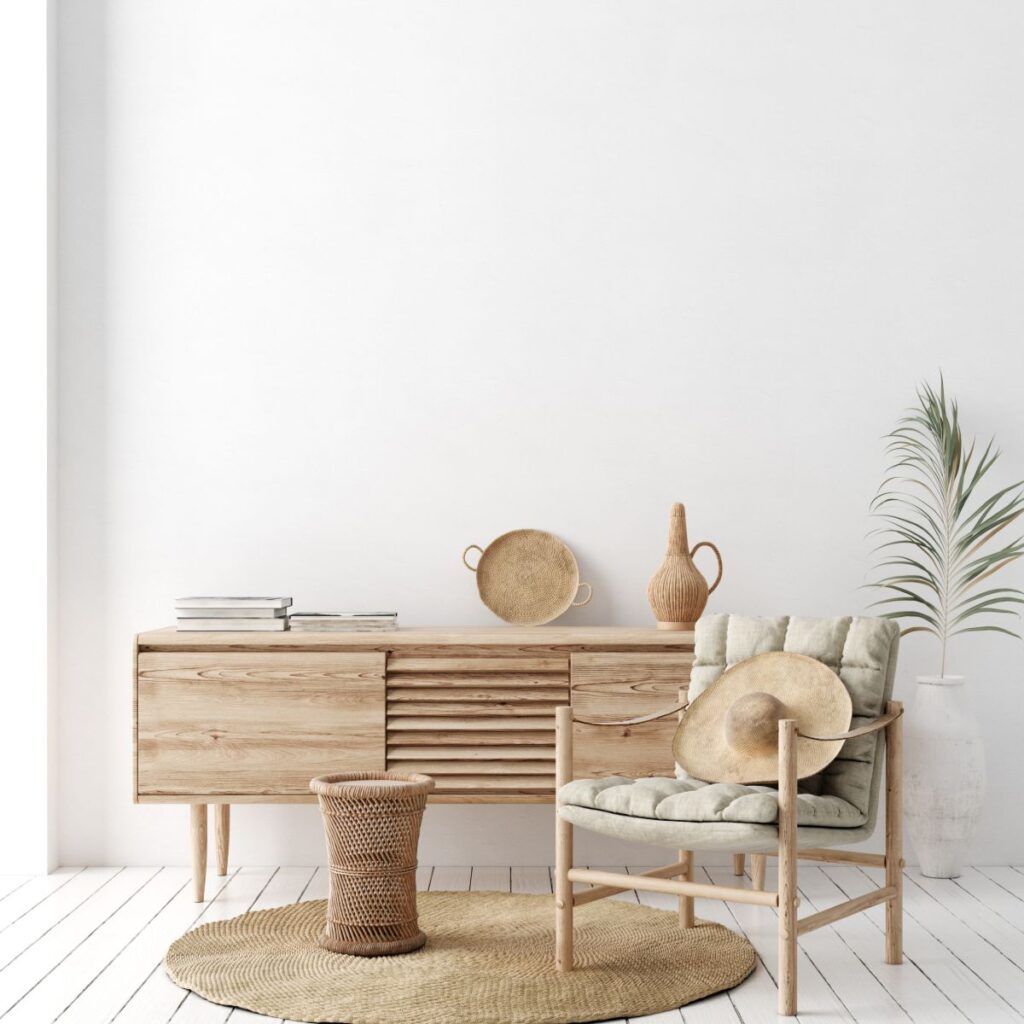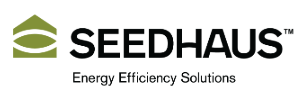Built Environment Sustainability Scorecard
The Built Environment Substantiality Scorecard, often shortened to BESS, is an online framework used to create Sustainable Design Assessments (SDA) or Sustainability Management Plans for Victorian projects. Originating in Victoria, BESS is utilized in the planning permit stage of a new building or alteration. Since its introduction, BESS has been adopted by a wide range of municipal councils and is experiencing rapid uptake across Victoria.
What does the Built Environment Sustainability Scorecard assess?
BESS assesses the plans of a new building or alteration in comparison to the following benchmarks:
- energy efficiency
- water efficiency
- thermal comfort
- overall environmental sustainability performance

What type of development can the Built Environment Sustainability Scorecard be used for?
SeedHaus™ utilizes the BESS framework for a range of new developments and additions, and the team is well-equipped to apply the benchmarks to each project. The Sustainability Scorecards can be used to assess a range of projects, including:
- stand-alone houses
- apartments and units
- townhouse developments
- larger commercial, mixed-use or non-residential projects
BESS replaces two Victorian frameworks, the STEPS (Sustainable Tools for Environmental Performance Strategy) and SDS (Sustainable Design Scorecard), as one streamlined tool that is applicable to both residential and non-residential projects.

Who can benefit from an assessment using the Built Environment Sustainability Scorecard?
This framework has been designed to help builders, developers and homeowners to assess their plans against sustainability requirements. As the tool is designed to be utilized at the planning stage, BESS can be effective in terms of early detection of issues and areas where the project needs to be made more efficient. Because at this point the project build has not been commenced, it makes it easier and less costly for parties to change elements to meet the requirements.
What categories does the Built Environment Sustainability Scorecard take into account?
The BESS framework accounts for nine categories when undertaking a project assessment. These categories include:
- management
- water
- energy
- stormwater
- indoor Environment
- quality
- transport
- waste
- urban Ecology
- innovation
Once these categories have been assessed, the project is awarded a percentage score. In order for a project to meet the BESS assessment requirements, a score of at least 50% must be achieved – this includes in mandatory categories. These mandatory categories have been identified within the BESS framework as ‘non-negotiables’, and include Energy, Water, Stormwater and Indoor Environment Quality. Indoor Environment Quality takes into account daylight, ventilation and solar access as well as the thermal comfort of the project.
What kind of changes might need to be made to pass the BESS assessment?
The changes that make a project BESS-compliant are widely varied and project dependent. However, some examples may be that the Water category can be satisfied using water-efficient fixtures and toilet-connected rainwater tanks. SeedHaus™ also uses preliminary energy ratings and J Assessments to earmark areas that will ensure Energy benchmark compliance.
What information does SeedHaus™ need to undertake the BESS assessment?
Our friendly team will guide you through the BESS assessment process and the items that you need to provide us. We generally need the following information to ensure that your BESS assessment is accurate and provides the correct rating for your project:
- architectural drawings which include sections, elevations, and the project’s materials palette
- a list of the project’s major construction materials
- thermal performance modelling
- building context
- the expected minimum energy efficiency rating of the project’s major appliances for heating, cooling and the planned hot water system
- minimum water efficiency rating for taps, toilets and all other fittings
- a description of the planned on-site renewable energy devices
- rainwater tank details
- storm or music rating
